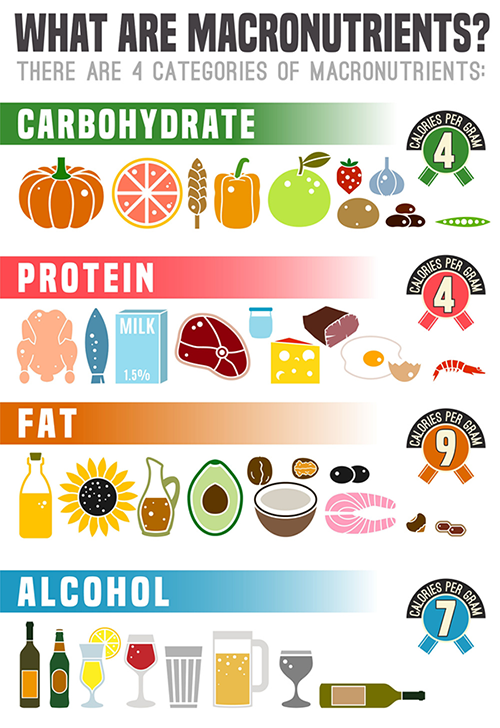Nutrition Plans
Manage your weight by creating your nutrition plan
I’ve been big. When I started running I was wearing mens 3XL tops because the 2xl felt too snug when I moved. I’ve done every diet under the sun, and the only way I believe I can help you is to find a lifelong nutrition plan that suits you and your food choices.
I don’t believe in restricting and I believe that no food is off limits, but I also advocate a “food is fuel” approach to selecting your nutritional choices. We all have individual goals and our bodies are unique in their own ways, what works for one person won’t always work for another. Therefore I work with my clients to help educate and develop their own individual plan they scan stick to for life.
If you would like to know more and think I might be the right support for you you Contact Me.




